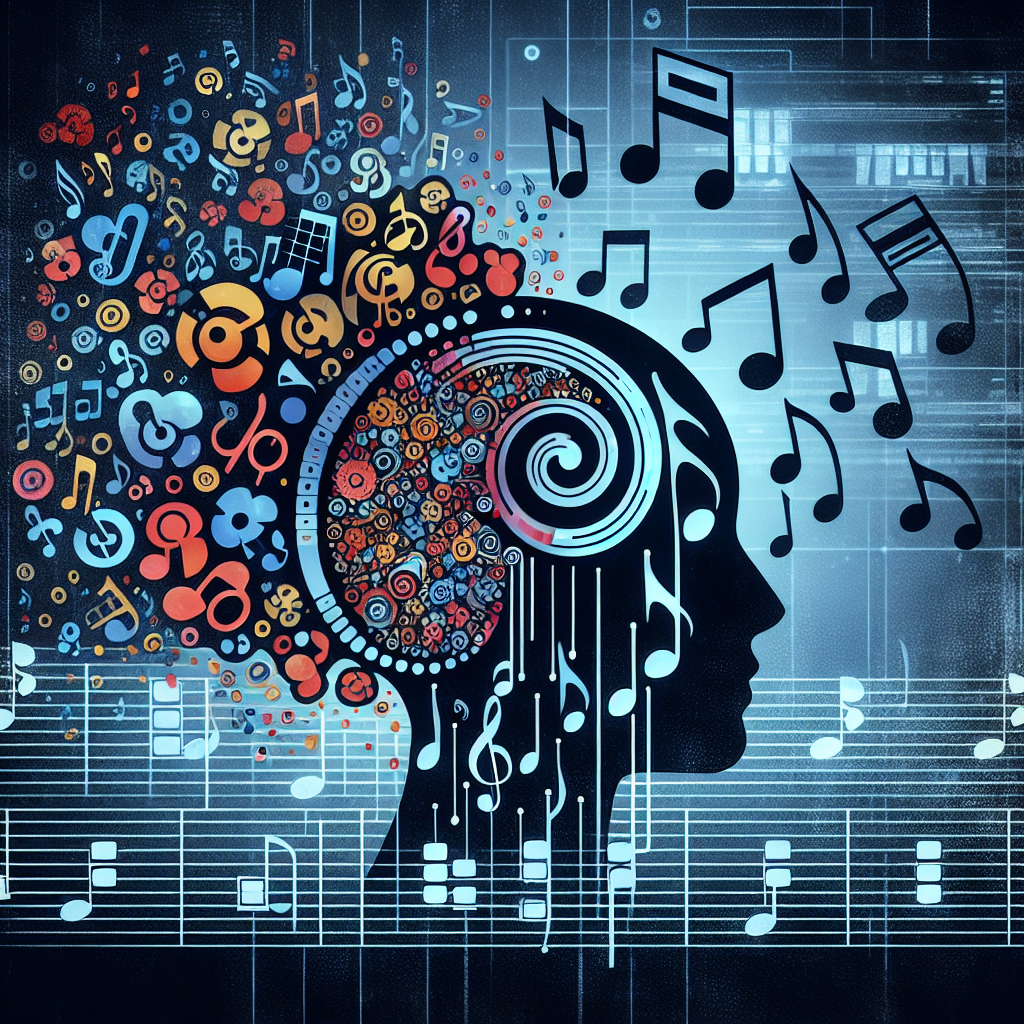Artificial intelligence (AI) has revolutionized many industries, and the music industry is no exception. In recent years, AI has played a significant role in shaping the future of music licensing models. From helping artists discover new revenue streams to simplifying the licensing process, AI is set to transform the way music is licensed and distributed.
One of the key ways in which AI is changing the music licensing landscape is through its ability to analyze large amounts of data to predict trends and consumer preferences. By analyzing data from streaming platforms, social media, and other sources, AI can help artists and music companies identify new opportunities for licensing their music. For example, AI can analyze streaming data to identify which songs are performing well in specific markets, allowing artists to target their licensing efforts more effectively.
AI can also help streamline the licensing process by automating many of the tasks involved in securing licenses for music. For example, AI can be used to match songs with potential licensing opportunities based on factors such as genre, mood, and tempo. This can save artists and music companies time and money by reducing the need for manual searches and negotiations.
Another way in which AI is shaping the future of music licensing models is through its ability to create personalized music experiences for consumers. By analyzing data on a user’s listening habits and preferences, AI can create playlists and recommendations that are tailored to their individual tastes. This can help artists and music companies reach new audiences and generate additional revenue through personalized licensing deals.
Despite the many benefits of AI in the music licensing industry, there are also challenges and concerns that need to be addressed. One of the main concerns is the potential impact of AI on the traditional music industry. As AI becomes more sophisticated, there is a risk that it could replace human creativity and innovation in the music licensing process. This could lead to a homogenization of music and a decrease in opportunities for emerging artists.
Another concern is the issue of data privacy and security. As AI relies on large amounts of data to make predictions and recommendations, there is a risk that sensitive information could be compromised. Music companies and artists must take steps to ensure that data is protected and used responsibly in the licensing process.
Despite these challenges, AI has the potential to revolutionize the music licensing industry and create new opportunities for artists and music companies. By leveraging the power of AI to analyze data, streamline the licensing process, and create personalized music experiences, the future of music licensing looks brighter than ever.
FAQs:
1. How is AI being used in the music licensing industry?
AI is being used in the music licensing industry in a variety of ways, including analyzing data to predict trends and consumer preferences, automating the licensing process, and creating personalized music experiences for consumers.
2. What are some of the benefits of AI in music licensing?
Some of the benefits of AI in music licensing include helping artists discover new revenue streams, simplifying the licensing process, and creating personalized music experiences for consumers.
3. What are some of the challenges of using AI in the music licensing industry?
Some of the challenges of using AI in the music licensing industry include the potential impact on human creativity and innovation, as well as concerns about data privacy and security.
4. How can artists and music companies protect their data when using AI in the licensing process?
To protect their data when using AI in the licensing process, artists and music companies can take steps such as encrypting sensitive information, implementing secure data storage practices, and ensuring that data is only used for legitimate purposes.
In conclusion, AI is set to revolutionize the music licensing industry and create new opportunities for artists and music companies. By leveraging the power of AI to analyze data, streamline the licensing process, and create personalized music experiences, the future of music licensing looks bright. However, it is important for artists and music companies to address concerns about the impact of AI on human creativity and innovation, as well as data privacy and security. By taking these challenges into account, the music industry can harness the power of AI to unlock new possibilities and drive innovation in music licensing models.

